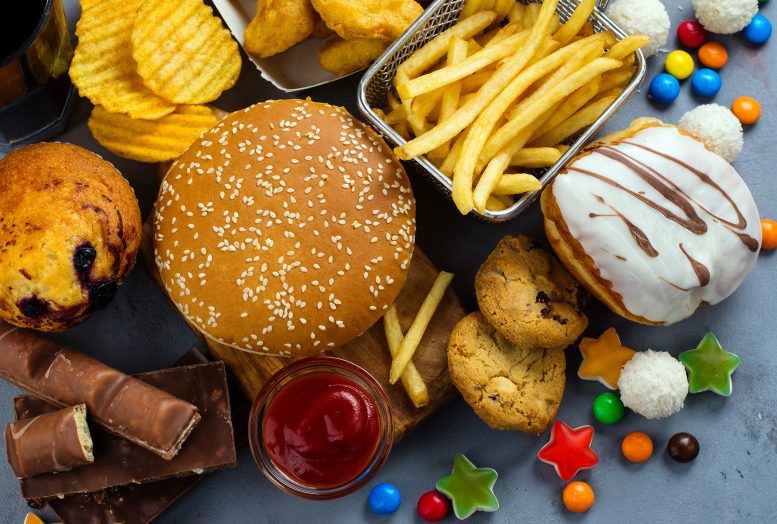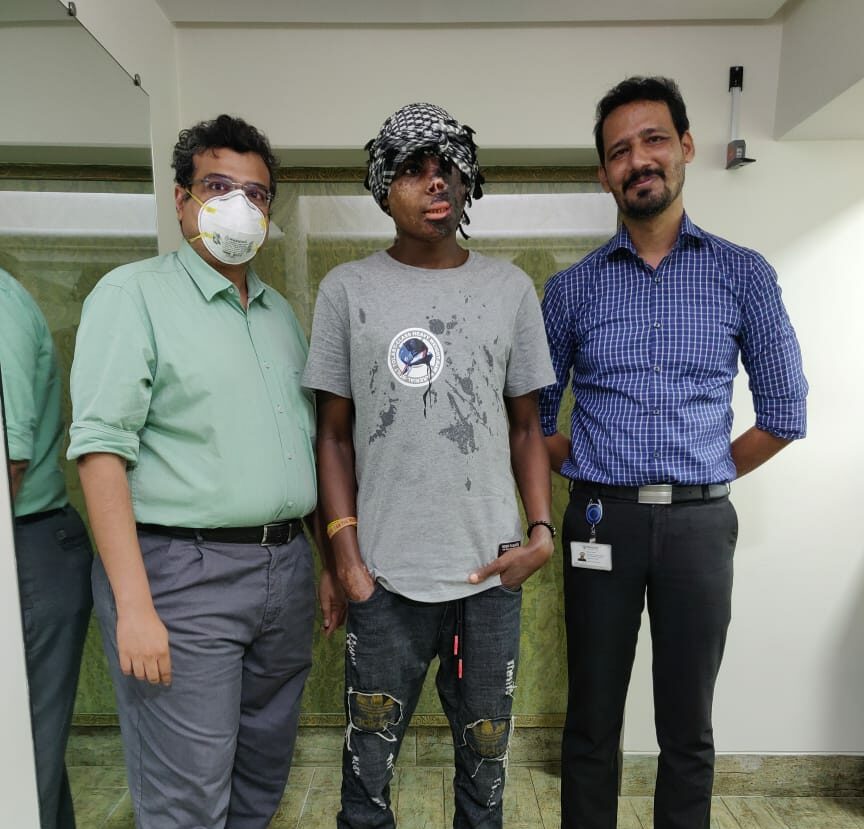Leading doctors from the AIIMS have called for a systemic approach to manage the rapidly rising prevalence of diabetes in the country, with particular emphasis on policy actions to establish science-based limits on salt, sugar and saturated fats in packaged and ultra-processed food and beverages. The doctors emphasized this in the background of the devastating second wave of Covid-19, as there is growing evidence that diabetics are likely to have poorer treatment outcomes and are at a greater risk of dying from COVID-19.
This call to action was made at a national session today, by AIIMS Jodhpur, on “Addressing Diabetes Mellitus through Front of Package Labelling in India”. Participants included Dr Sanjeev Mishra, Director, AIIMS, Jodhpur; Dr Rashmi Malhotra, Senior Dietician, Dept of Diatetics, AIIMS Jodhpur; Dr Madhukar Mittal, Addt. Professor, Dept. of Endocrinology and Metabolism, AIIMS, Jodhpur; Dr Pradeep Aggarwal, Associate Professor, Dept. of Community and Family Medicine from AIIMS, Rishikesh and Dr Pankaj Bhardwaj, Addt. Professor, Dept of Community and Family Medicine, AIIMS, Jodhpur.
According to the International Diabetes Federation (IDF), India, with more than 77 million diabetics, has the second highest number of people suffering from this chronic condition in the world. Dr Sanjeev Mishra, Director, All India Institute of Medical Sciences, Jodhpur raised alarm that by 2045, this number will double. “At least 134 million Indians will have diabetes by 2045 and the well-being of our people will take a major hit. It cannot be ignored that the shift in the disease pattern since 1990 can be correlated with the increase in consumption of processed food. The rapid rise in diabetes across socio-economic categories and age groups has been fuelled by a massive alteration in the dietary habits of Indians. If we want to control the diabetes epidemic, we have to act now.”\
A nutritious diet which eliminates or caps the amount of sugar, salt and saturated fats consumed, has long been considered the mainstay of diabetes management. Dr Madhukar Mittal, Addt. Professor, Dept. of Endocrinology and Metabolism, AIIMS, Jodhpur said, “Sugar is the new cigarette. Lab studies have revealed that sugar is as addictive as cocaine. It increases insulin production which drives up fat storage causing damage to all organ systems. Consumption of added sugar in packaged and processed food has gone up exponentially. India’s sugar consumption has grown at double the pace as compared with other markets in the world. Most packaged foods and beverages have extremely high quantities of sugar. Since the choice of food is driven by markets and policies, we need to have strong policy measures in place that will enable consumers to make healthier choices.”
The ultra-processed food industry has grown at a record pace in India which is also second among the top five global markets for sugary beverages. Studies have shown that despite the need to promote and adopt healthy diets, particularly in the wake of this pandemic, multinational food companies have continued to promote unhealthy, ultra-processed foods and sugary drinks with no governmental limits on any of the harmful ingredients. Per capita sales of ultra-processed foods grew from about 2 Kg in 2005, to about 6kg in 2019 and is projected to grow to about 8 kg by 2024. Similarly, ultra-processed beverages are up from 2 L in 2005 to about 6.5 L in 2019 and are projected to be about 10 L in 2024.
Dr Pradeep Aggarwal, Associate Professor, Dept. of Community and Family Medicine from AIIMS, Rishikesh, said “Strong regulations to cap salt, sugar and other ingredients of concern and simple to understand front of package labelling (FOPL) on the food are critical to help consumers and parents understand how much empty calories and harmful nutrients are being consumed by children. Globally, WHO has established evidence-based cut offs for sugar, salt and fat consumption region wise and governments should adopt these cut offs for packaged food. Food labels should provide clear guidance to consumers, for example black octagons adopted in Chile that say upfront whether or not foods contain excess of fats or sugars.”
More and more countries today are adopting science-based nutrient profile models and making front of pack warning labels on food products mandatory. Labels on the front of the package make it readily visible for consumers to read the ingredients, specifically, sugar, sodium and saturated fat, and can discourage the purchase of unhealthy packaged food. Thus far, 11 countries across the world have enacted laws making FOPL mandatory. In 2018, the Food Safety Standards Authority India (FSSAI) published draft regulation for FOPL which was subsequently withdrawn for further deliberation. In 2019 December, FSSAI delinked FOPL from general labelling regulations. In December 2020 it restarted the process and is currently seeking consultations with civil society, industry and nutrition experts for a viable model for India. FOPL works best when it is made mandatory and applies to all packaged products.











